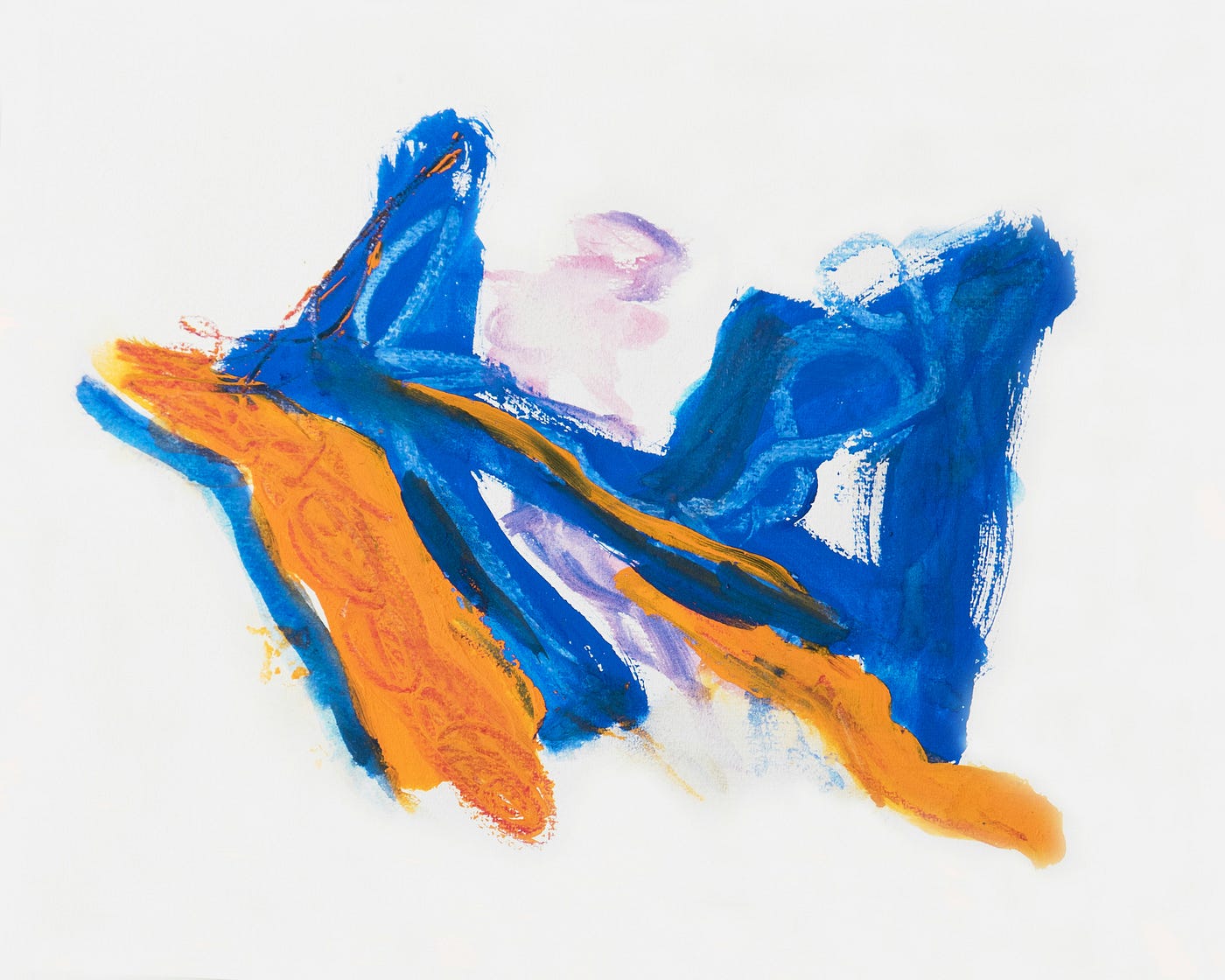
For decades science fiction film, television, and literature have addressed our human desire for connection with our dead loved ones. With the creation of artificial intelligence, our imagination for machine learning holograms and robots has turned into reality. More recent film and documentary programs have addressed this new technology and I will be examining numerous mediated stories throughout my research studies. I’ve selected a few here which represent where we are in technology, science, and posthumanism.
In A.rtificial I.mmortality, documentary filmmaker Ann Shin explores the possibility of digital immortality and looks at the technological advancements in AI and robots. Shin interviews technology developers, transhumanists, neuroscientists, and religious gurus for their take on the implications of life and legacy.https://cdn.embedly.com/widgets/media.html?src=https%3A%2F%2Fwww.youtube.com%2Fembed%2FOd1kr2Ui0v8%3Ffeature%3Doembed&display_name=YouTube&url=https%3A%2F%2Fwww.youtube.com%2Fwatch%3Fv%3DOd1kr2Ui0v8&image=https%3A%2F%2Fi.ytimg.com%2Fvi%2FOd1kr2Ui0v8%2Fhqdefault.jpg&key=a19fcc184b9711e1b4764040d3dc5c07&type=text%2Fhtml&schema=youtubeA.rtificial l.mmortality Trailer Tiff 2021
The Wall Street Journal’s documentary, How Tech Can bring Our Loved Ones to Life After They Die by Joanna Stern, explores how technology can tell our autobiographical stories after we die. She talks to Lucy who is bound to a wheelchair and who is desperate to leave a digital footprint that lives beyond her. Rather than focusing on death, it shows how legacy gives meaning to life.https://cdn.embedly.com/widgets/media.html?src=https%3A%2F%2Fwww.youtube.com%2Fembed%2FaRwJEiI1T2M%3Ffeature%3Doembed&display_name=YouTube&url=https%3A%2F%2Fwww.youtube.com%2Fwatch%3Fv%3DaRwJEiI1T2M&image=https%3A%2F%2Fi.ytimg.com%2Fvi%2FaRwJEiI1T2M%2Fhqdefault.jpg&key=a19fcc184b9711e1b4764040d3dc5c07&type=text%2Fhtml&schema=youtubeHow Tech Can bring Our Loved Ones to Life After They Die — WSJ
Gavin Rothery’s science-fiction thriller Archive examines how loss drives a lonely computer scientist to create a replacement AI version of his late wife. Each version of his wife is more advanced than the last and soon jealousy between the AIs causes disruption.https://cdn.embedly.com/widgets/media.html?src=https%3A%2F%2Fwww.youtube.com%2Fembed%2Fm0J0BwIzURI%3Ffeature%3Doembed&display_name=YouTube&url=https%3A%2F%2Fwww.youtube.com%2Fwatch%3Fv%3Dm0J0BwIzURI&image=https%3A%2F%2Fi.ytimg.com%2Fvi%2Fm0J0BwIzURI%2Fhqdefault.jpg&key=a19fcc184b9711e1b4764040d3dc5c07&type=text%2Fhtml&schema=youtubeArchive Trailer
One of the most cerebral film representations of how grief and technology entwine is the 2017 film Marjory Prime. Marjory is in her 80s and has early-onset dementia. She converses with Walter a prime holographic android recreated in the image of her late husband who helps her remember the past. Walter Prime receives information from other people’s memories which are not always accurate. After Marjory dies, she is recreated as a prime to support her grieving daughter, played by Geena Davis. In an interview, Davis describes the film as:
“a mediation on what it is to be human and how much of us and who we think we are is based on our memories.”
https://cdn.embedly.com/widgets/media.html?src=https%3A%2F%2Fwww.youtube.com%2Fembed%2Fa7PtcOLJDco%3Ffeature%3Doembed&display_name=YouTube&url=https%3A%2F%2Fwww.youtube.com%2Fwatch%3Fv%3Da7PtcOLJDco&image=https%3A%2F%2Fi.ytimg.com%2Fvi%2Fa7PtcOLJDco%2Fhqdefault.jpg&key=a19fcc184b9711e1b4764040d3dc5c07&type=text%2Fhtml&schema=youtubeMarjory Prime Trailer
In one scene, Davis’s character is looking through old photographs with her husband and finds a photo of her son who had passed away some years ago. His entire existence has been kept from the primes. Some memories are just too hard to face and are kept far away from sight.
Only now in this 21st century can technology more accurately replicate the dead to soothe our unbearable bereavement and grief with a legacy that is less physically tangible than a photograph but more interactive. Can we deal with a technological revolution that is moving faster than perhaps we can handle or we will just evolve as we’ve always done and accept an interactive artificial intelligence copy of our loved ones just as we have accepted a photograph as a representative of our loved ones for the last 150 years?
American-Brit Ginger Liu is the CEO/Founder of Ginger Media & Entertainment and a Ph.D. student in photography and artificial intelligence. She is a journalist and author, photographer, and filmmaker.







